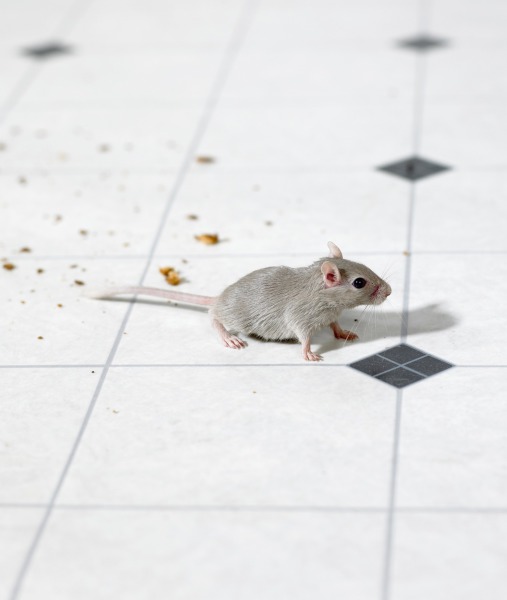
The Centers for Disease Control and Prevention recommends a three-pronged approach for dealing with a mouse infestation in your home: Seal, trap and clean. Beyond that, specific strategies can vary widely. Many people wouldn't think twice about employing traditional mouse traps to get the job done, but others prefer using humane methods rather than resorting to killing. If you're a member of this latter camp, and unsure how to get rid of rodents while keeping them alive, read on for some tips.
Image via Getty
Non-Lethal Traps
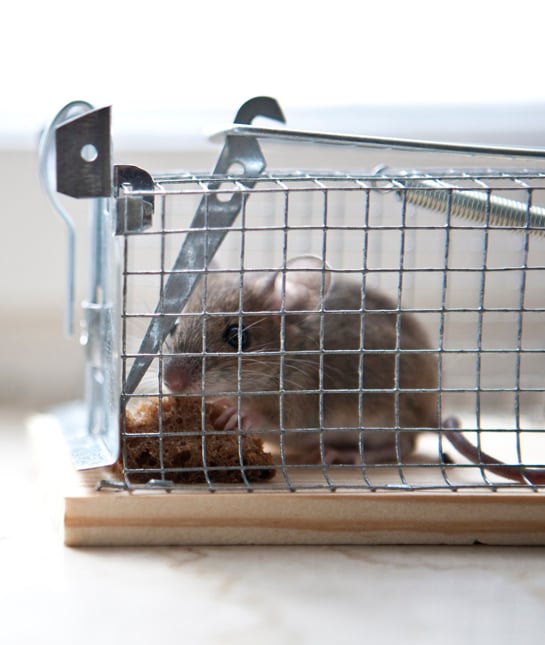
When most people think of humane ways to rid their homes of mice, non-lethal traps are often what they have in mind. These traps — and there are many kinds widely available — are designed to capture rodents in the home without injuring or killing them. The expectation is that homeowners will release the mice outdoors after they're trapped. There is an argument to be made, however, that mice released outside will simply make their way back into the house. On their own, non-lethal traps may only address the symptom of the problem, and not the issue itself. That's why this strategy should be supplemented with a more thorough rodent-proofing of the house.
Image via Getty
Cats
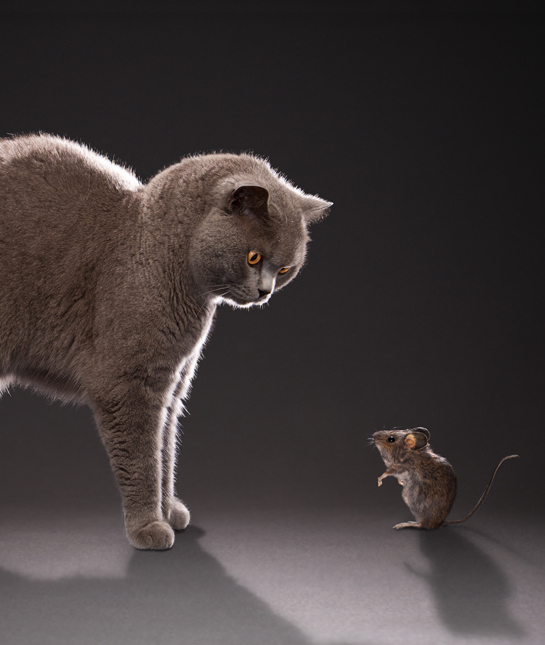
We don't have to tell you that cats are natural mouse hunters. In fact, using cats to keep rodents away is a major part of how and why humans domesticated cats in the first place. There's certainly an argument to be made that getting a cat to hunt mice in your home isn't the most humane treatment possible. After all, the cats would still be killing the mice instead of shooing them out peacefully. So if death is out of the question for you, this isn't an option. But if you're OK with death as long as it comes in the form of letting nature do its thing, without getting your own hands dirty, you may consider adopting your own feline mouse hunter.
Image via Getty
Cat Pee
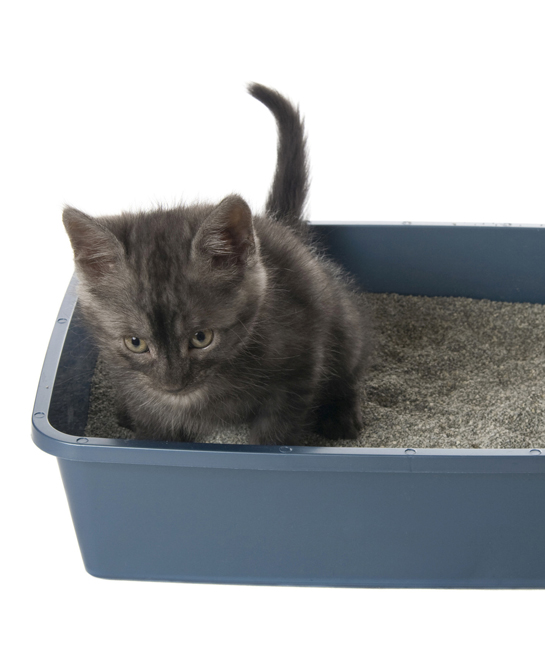
Mice hate cats as much as cats hate mice. The mice know that cats equal death, and they can recognize the smell of a cat. It's a scent with a clear message: Stay away. That's why, even if your precious kitty is lazy and useless as a mouser, you can still use it to help deal with your rodent infestation. It's a little gross, but you can harvest small amounts of your cat's used litter and put it in tubes in strategic areas around your home. Even the slightest whiff of cat urine will keep intruding mice away. (Source)
Image via Getty
Peppermint

Many homeowners have success using peppermint to keep mice out. Mice seem to be naturally repelled by the strong smell.
"I put an empty box of peppermint tea in with my paper recyclables and noticed the mouse activity dropped dramatically," said Susan Womersley of Topeka, Kan. "To get rid of mice, I now place a few squares of cotton cloth sprinkled with peppermint oil in the pantry, refreshing them as needed. No mice, and it smells wonderful!" (Source)
Image via Getty
Bounce Dryer Sheets
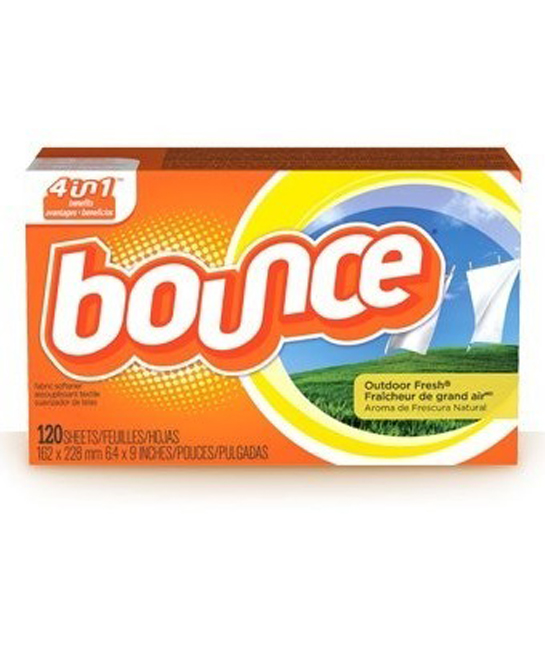
Believe it or not, Bounce dryer sheets have been reported as an effective mouse repellent. Now, we hate to advertise unnecessarily, but apparently it really has to be Bounce dryer sheets, and not some competing or generic brand.
"We placed Bounce regular scent dryer sheets in the drawers and cabinets. All the mice left quickly," said Randy Orcutt of Hillsboro, Ohio. "We tried generic brand dryer sheets, but they didn't work — no mouse repellent effect whatsoever." (Source)
Image via Facebook
Rodent-Proofing
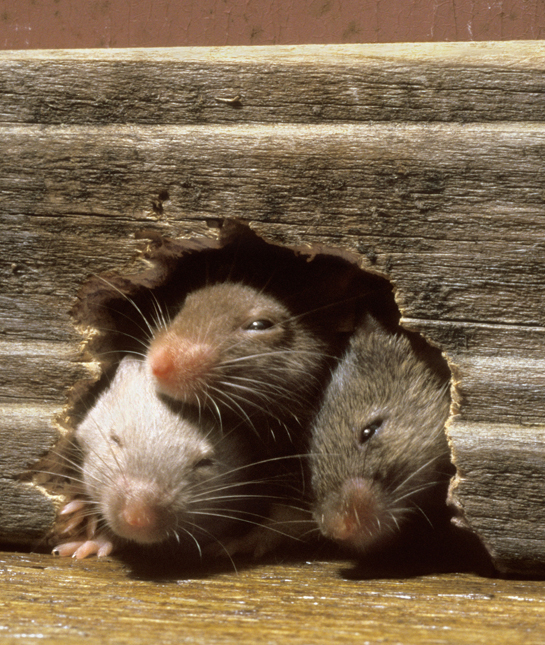
There's an important difference to be made between getting rid of mice and preventing them from infesting your home in the first place. If you have an infestation, it's important to deal with the source of the problem. If you only address the mice themselves, you'll be fighting a losing battle. You must consider both the inside and outside of your home. Besides finding and sealing off any points of entry, consider outdoor areas of your property where the mice also may be dwelling. Consider your landscaping, and whether the proximity of trees and bushes is helping rodents gain access to your home. You may need to consult a professional to deal with these issues. (Source)
Image via Getty
Steel Wool
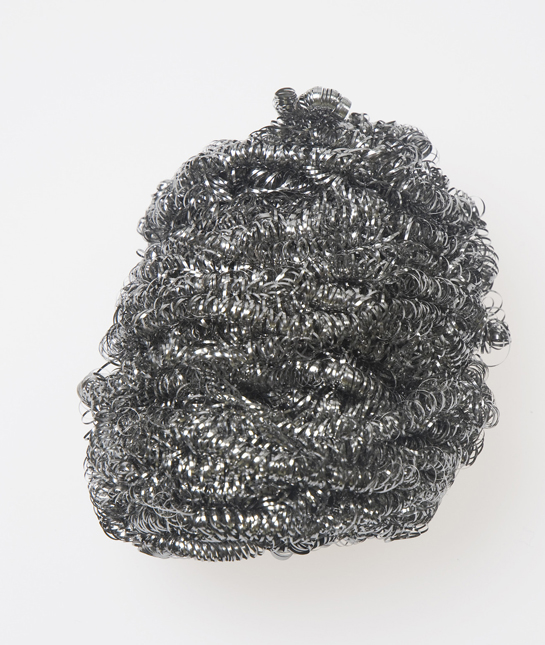
Plugging up mouse holes with wood, plastic, duct tape or rubber won't do you any good. The mice will just chew through those materials. But you can try stuffing steel wool or copper wool into the mouse holes. The flexible material can be worked into the gaps, and mice can't chew through the metal. You may want to reinforce the plug with caulking material, too. (Source)
Image via Getty
Electronics
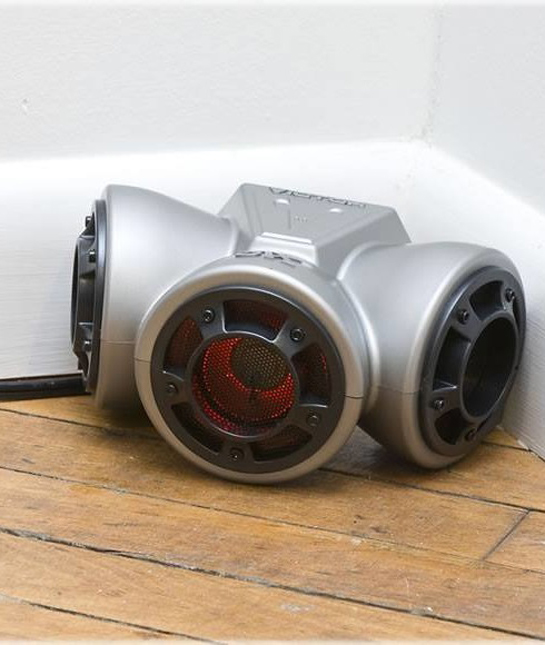
Electronic rodent repellents are popular tools for preventing infestations. The devices use ultrasonic frequencies beyond the range of human hearing to keep out rodents, who can hear the noise. Studies have shown that electronic pest control devices are indeed effective at repelling rodents. (Source)
Image via Facebook
Cleanliness
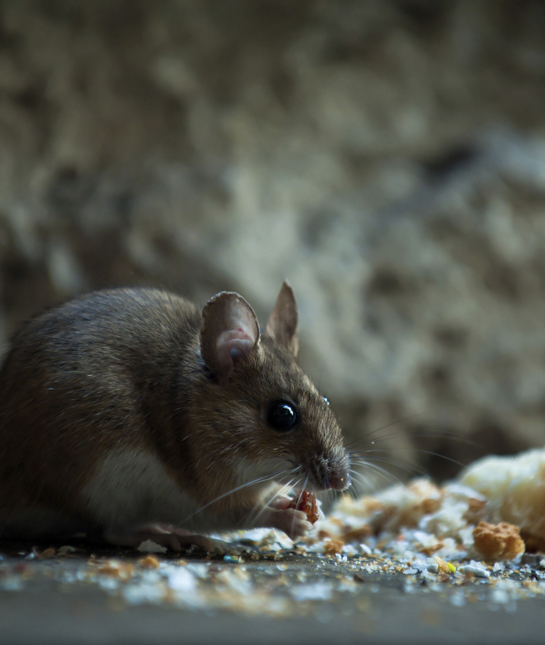
It probably should go without saying that being clean is your most important line of defense when it comes to any kind of pest control. A clean home is not necessarily rodent-proof, but keeping on top of messes, and cleaning up potential sources of food and water, certainly can help improve your chances of avoiding an infestation. Clean up food and liquid spills as soon as possible, be sure that food storage containers and garbage cans alike are closed and inaccessible to pests, and keep cooking areas clean, both inside and outdoors. (Source)
Image via Getty



